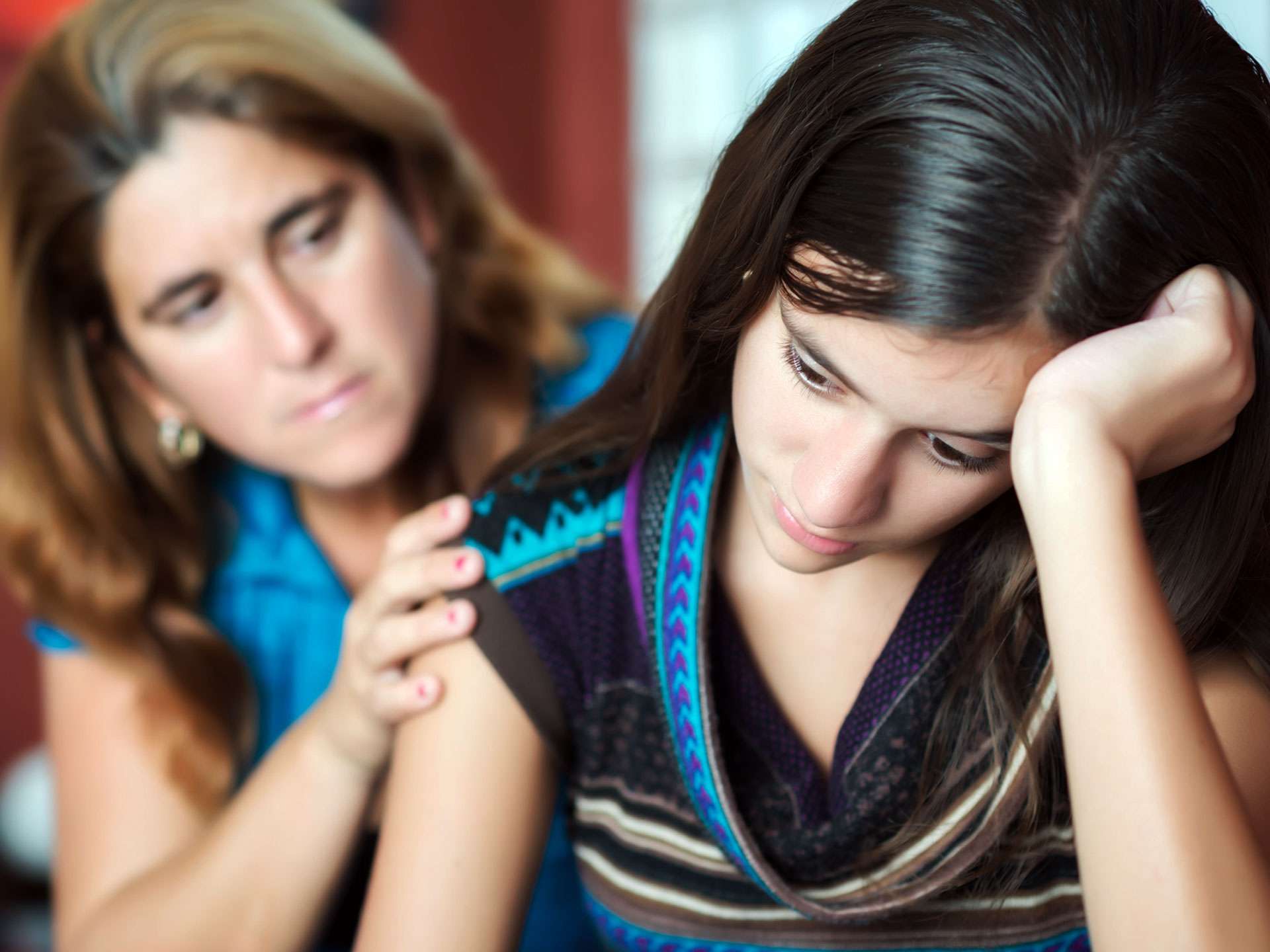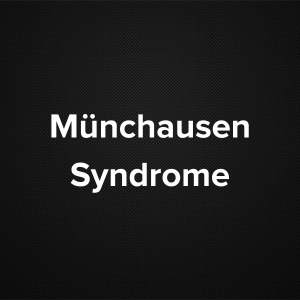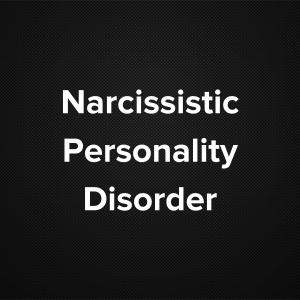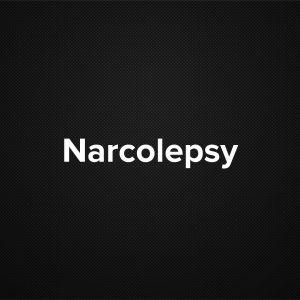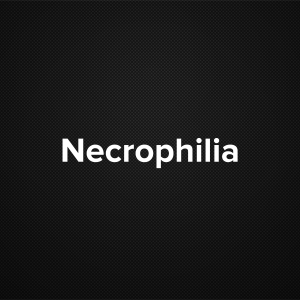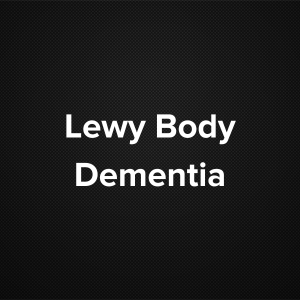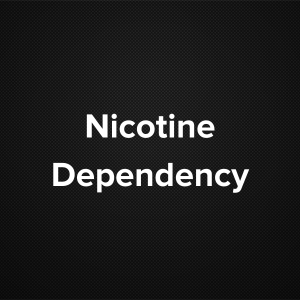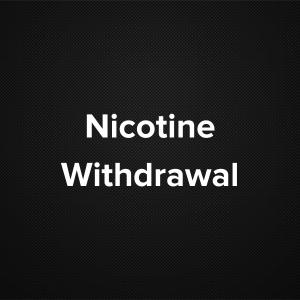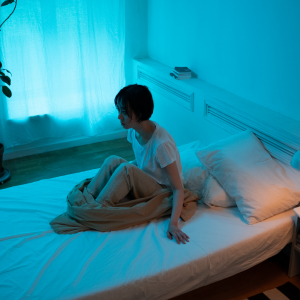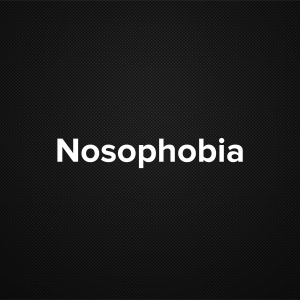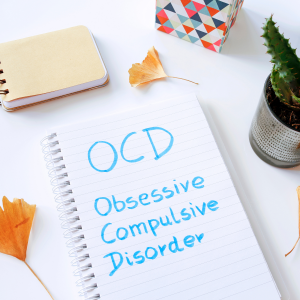Causes and risk factors:
The exact cause of depression is not known. However there are varieties of factors that can cause depression. Trauma during childhood due to various events in life like death of loved ones, disappointment in love, sexual abuse, foster care, failure in studies etc can lead to depression. It is also inherited in most of the cases. Hormonal changes and neurotransmitter imbalance can also lead to depression
Clinical presentations:
A teen suffering from depression is down with feeling of sadness. A change in behavior which is noticeable occurs. The person is irritable and lack pleasure in all. Nothing pleases him. Hopelessness is seen. At the physical level the energy is down, the person is drowsy. They mostly sleep during the day and remain awake at night. They complain of headache. Small arguments or contradiction evokes anger and irritability. Sudden decline in school performance, sports is seen. Their eating schedule changes loss of appetite and lack of interest in food is seen. Lack of social communications and company of friends occurs. Such teens are more vulnerable for developing addictions to alcohol or for various substance abusers. It can also lead for involvement in illegal crimes and violence. The affected child can also have persistent suicidal thoughts.
Diagnosis and investigations:
Diagnosis can be made on the basis of the symptoms narrated by the parents and on the basis of complete psychiatric evaluation. Reviewing of the history is the most essential step. All the details are obtained from the family and friends. Close observation in such cases is essential. Investigations can be advised in cases where the doctor suspects any pathology.
Treatment:
Anti psychotic or anti depressive medications are the first lines of treatment in such cases. Psychotherapy plays a major role in this. It comprises of counseling and interpersonal therapy. Cognitive behavioral therapy has found to be effective in such. Support and care by family and friends will help the teen to cope up with the complaints. Indulgence in positive recreational activity, meditation are effective.
Other Modes of treatment
The other modes of treatment can also be effective in treating depression. Homoeopathy is a science which deals with individualization considers a person in a holistic way. This science can be helpful in combating the symptoms.
Recent update:
According to a study carried out by University of South Florida Associate Professor of Psychology Jonathan Rottenberg, children with depression are more likely to be obese, smoke and be inactive. They are also more vulnerable to develop heart disease at an early age.
